Putin: Russia will respond to new "arms race challenge"
President Vladimir Putin heralded a wealthy Russia able to compete in a new "arms race".
Friday, 08.02.2008.
16:14

President Vladimir Putin heralded a wealthy Russia able to compete in a new "arms race". In a speech today he set long term priorities for his hand-picked successor ahead of next month's presidential election. Putin: Russia will respond to new "arms race challenge" Putin used the televised address in an ornate Kremlin hall before Russia's ruling elite, including the full government, parliamentary leaders and top generals, to outline a roadmap up to 2020. Putin said his "plan to bring Russia out of systemic crisis" meant the country was again "respected" and that "lawlessness is over." However more must be done in coming years to pull the economy from "extreme inefficiency" and to guard against Western pressure, said Putin, whose eight year presidency has seen a flood of energy export revenues and the return of military clout. "There is a new turn in the arms race.... Russia will always respond to this new challenge," Putin said, promising "new weapons that are qualitatively the same or better than those of other countries." The far-ranging nature of the speech underlined that Putin -- barred by the constitution from seeking a third consecutive term in the presidential vote and due to step down in May -- remains Russia's dominant leader. His close ally Dmitry Medvedev, a career lawyer and bureaucrat who has never held elected office, is forecast to win by a landslide in the March 2 election where he faces little meaningful opposition. Medvedev's main campaign message has been a promise to continue what he calls "the Putin plan." Putin has said he may serve as prime minister if Medvedev is elected, prompting widespread speculation that the Kremlin master will retain significant influence in years to come -- possibly returning for a third, non-consecutive Kremlin term. Putin listed booming foreign investment, the crushing of the Chechen independence rebellion, and rising salaries as among his main achievements since taking power eight years ago. "I know there is a lot left to do, but the course has been set," Putin said. Domestically the biggest problems named by Putin were the need for a more modern economy and an end to widespread corruption. "You have to go to every agency with a bribe: to the firemen, the health inspection, the gynaecologists. Whom don't you have to go to? It's just terrible." Putin also directed fire at NATO and the United States for their own military build-ups and accused unnamed Western forces of "interference in domestic political fights (which is) not only immoral but also illegal." Putin went on to accuse Western governments of using "dishonest competition... to get themselves access to our resources." The March 2 election pits Medvedev against Communist Party leader Gennady Zyuganov, nationalist firebrand Vladimir Zhirinovsky, and a barely known politician Andrei Bogdanov. Opinion polls give Medvedev between 63 and around 80 percent of support. Critics say that state-controlled resources, including national television, are being heavily manipulated to ensure that Medvedev faces no real difficulty in securing a landslide victory. The legitimacy of Medvedev's likely election suffered a blow Thursday when Europe's top democracy body, the Organisation for Security and Cooperation in Europe, announced a boycott. Both the OSCE's elections monitoring wing, the Office for Democratic Institutions and Human Rights (ODIHR), and its Parliamentary Assembly said they would not send observers, citing obstruction by the Russian authorities. The ODIHR also boycotted December's parliamentary elections, in which Putin's United Russia won by a landslide, for similar reasons.
Putin: Russia will respond to new "arms race challenge"
Putin used the televised address in an ornate Kremlin hall before Russia's ruling elite, including the full government, parliamentary leaders and top generals, to outline a roadmap up to 2020.Putin said his "plan to bring Russia out of systemic crisis" meant the country was again "respected" and that "lawlessness is over."
However more must be done in coming years to pull the economy from "extreme inefficiency" and to guard against Western pressure, said Putin, whose eight year presidency has seen a flood of energy export revenues and the return of military clout.
"There is a new turn in the arms race.... Russia will always respond to this new challenge," Putin said, promising "new weapons that are qualitatively the same or better than those of other countries."
The far-ranging nature of the speech underlined that Putin -- barred by the constitution from seeking a third consecutive term in the presidential vote and due to step down in May -- remains Russia's dominant leader.
His close ally Dmitry Medvedev, a career lawyer and bureaucrat who has never held elected office, is forecast to win by a landslide in the March 2 election where he faces little meaningful opposition.
Medvedev's main campaign message has been a promise to continue what he calls "the Putin plan."
Putin has said he may serve as prime minister if Medvedev is elected, prompting widespread speculation that the Kremlin master will retain significant influence in years to come -- possibly returning for a third, non-consecutive Kremlin term.
Putin listed booming foreign investment, the crushing of the Chechen independence rebellion, and rising salaries as among his main achievements since taking power eight years ago.
"I know there is a lot left to do, but the course has been set," Putin said.
Domestically the biggest problems named by Putin were the need for a more modern economy and an end to widespread corruption. "You have to go to every agency with a bribe: to the firemen, the health inspection, the gynaecologists. Whom don't you have to go to? It's just terrible."
Putin also directed fire at NATO and the United States for their own military build-ups and accused unnamed Western forces of "interference in domestic political fights (which is) not only immoral but also illegal."
Putin went on to accuse Western governments of using "dishonest competition... to get themselves access to our resources."
The March 2 election pits Medvedev against Communist Party leader Gennady Zyuganov, nationalist firebrand Vladimir Zhirinovsky, and a barely known politician Andrei Bogdanov.
Opinion polls give Medvedev between 63 and around 80 percent of support.
Critics say that state-controlled resources, including national television, are being heavily manipulated to ensure that Medvedev faces no real difficulty in securing a landslide victory.
The legitimacy of Medvedev's likely election suffered a blow Thursday when Europe's top democracy body, the Organisation for Security and Cooperation in Europe, announced a boycott.
Both the OSCE's elections monitoring wing, the Office for Democratic Institutions and Human Rights (ODIHR), and its Parliamentary Assembly said they would not send observers, citing obstruction by the Russian authorities.
The ODIHR also boycotted December's parliamentary elections, in which Putin's United Russia won by a landslide, for similar reasons.



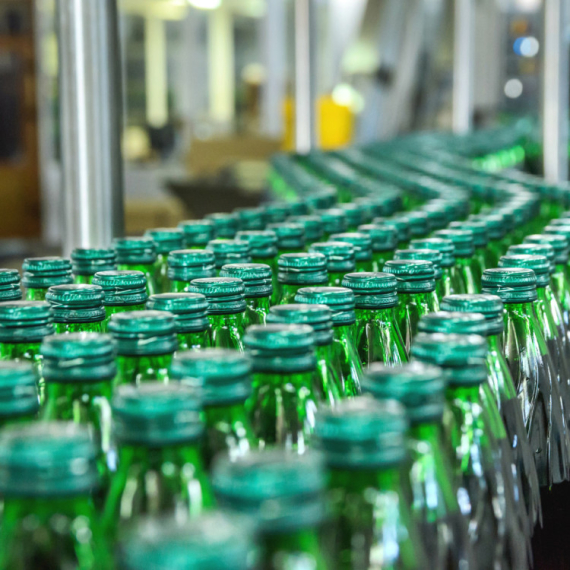






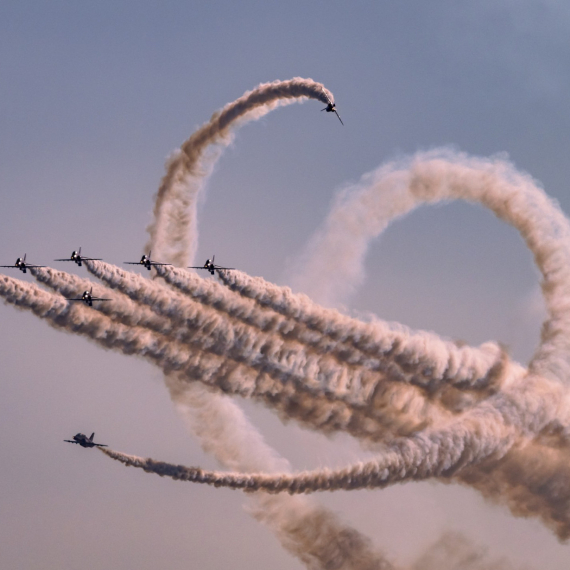
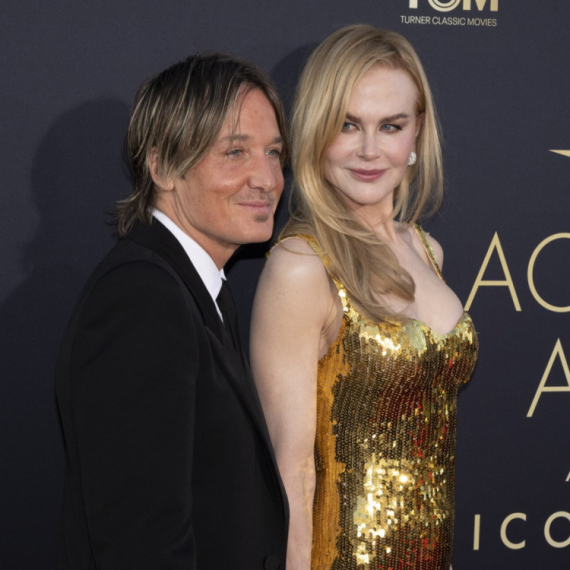
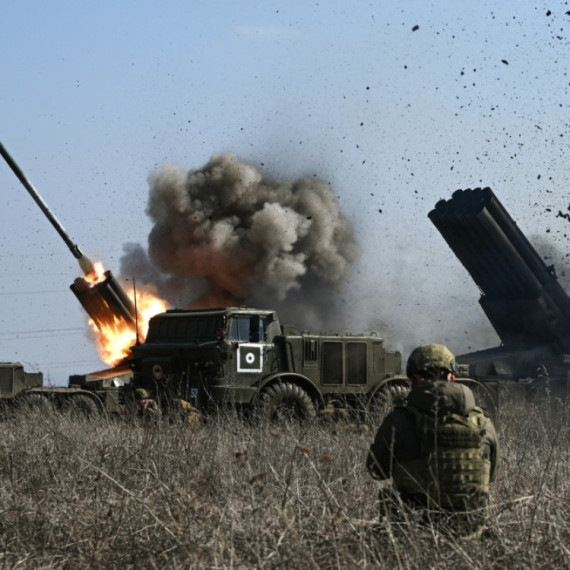
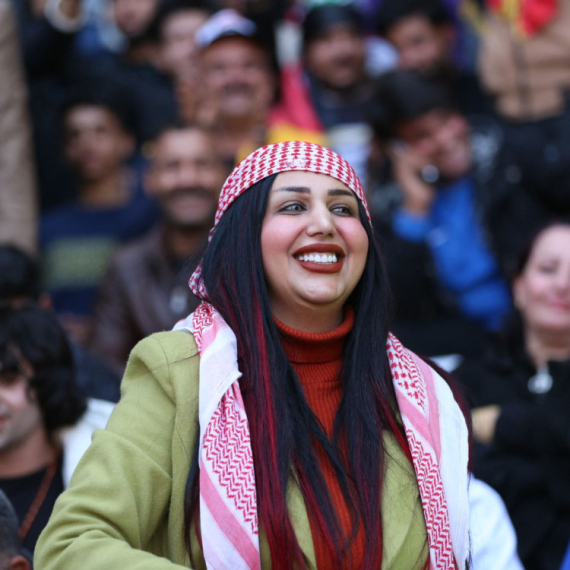
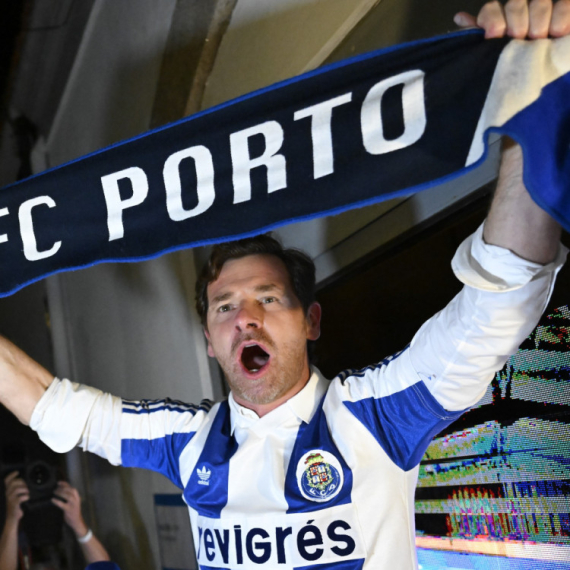

Komentari 0